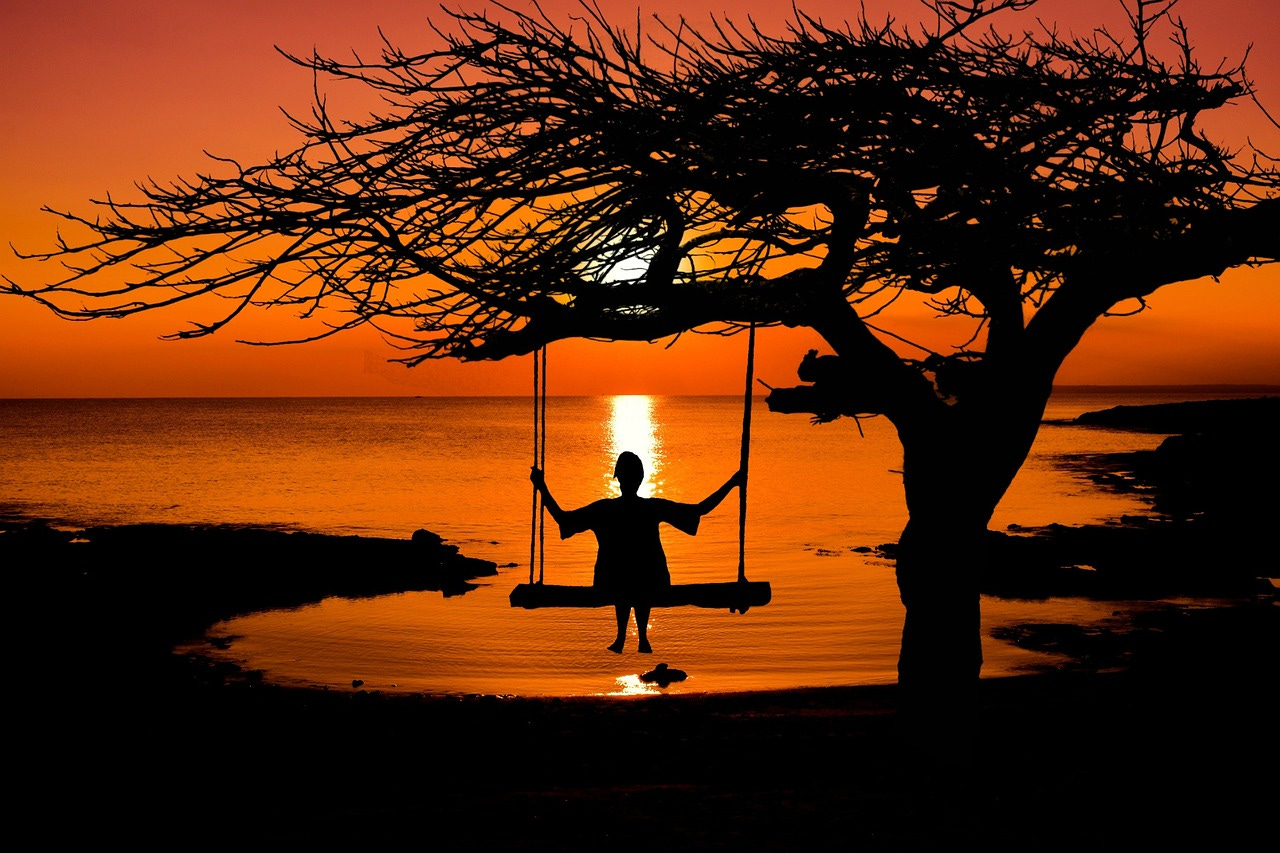The Grandness of Something we take for Granted
"Logic will get you from A to B. Imagination will get you everywhere." - Albert Einstein
“Water has a memory and carries within it our thoughts and prayers. As you yourself are water, no matter where you are, your prayers will be carried to the rest of the world.”
— Dr. Masaru Emoto
We live in an era that often discourages thinking and experimenting beyond the confines of the ‘predefined box’. This limitation is particularly clear in the case of Japanese researcher Dr. Masaru Emoto, who is known for advancing the theory that human consciousness influences water. A quick online search typically yields Wikipedia as the top result, labeling him a pseudoscientist and discrediting his work. It raises questions about the mainstream narrative around unconventional ideas and the willingness to explore beyond predetermined boundaries.
There’s a noticeable trend of what looks like modern book burning, where we witness inaccurate evaluations and the suppression of ideas. This makes me question the motive behind such actions. Notably, Wikipedia co-founder Larry Sanger has warned that the website can no longer be trusted — insisting it is now just “propaganda” for the left-leaning “establishment.” and he continues:
“If only one version of the facts is allowed then that gives a huge incentive to wealthy and powerful people to seize control of things like Wikipedia in order to shore up their power.”
In the early nineteen hundreds, when the Wright brothers initiated the first flight of their first wildly conceived and constructed plane through the skies, skeptics emerged with seemingly 'valid' arguments explaining the impossibility of such a feat.
Back to the Magic
Dr. Emoto's groundbreaking experiments revealed water's remarkable sensitivity to positive and negative words and emotions, showcasing its ability to reflect emotions and intentions. By exposing water to various stimuli, from words and music to prayers, he demonstrated that water's molecular structure responds, forming beautiful crystals in positive conditions and distorted ones in negative environments.
He used expressions, words, and music of different sorts to depict the complexity of water molecules. He initially used the word like “Thank you”, “You Fool”, “Evil”, “Peace”, “Love and Gratitude” on bottled water to draw the conclusion. The water molecules physically reacted towards the positive and negative words. The positive words made the water molecules perfect in their geometric physical formation while the negative words made them disfigured, disconnected, and ugly physical formation. It’s like the water had feeling like humans to feel the positive and negative emotions and the water molecules reacted in that particular way. This phenomenon scientifically proves that the words have energy, positive words create positive effect and negative words create negative effects. Not only did he use positive and negative words, but he also used water that has been prayed off by different holy people. He basically took two samples before and after the water was prayed off for several hours. By examining these water molecules, he proved that if the water is exposed to a positive intention or a prayer its formation can be altered and restored in its finest shape.
Intriguingly, Emoto's experiments demonstrated water's ability to retain memories. Supported by a German university's experiment, where water samples from jars containing dipped flowers displayed distinct crystal formations, it was clear that water retains information. This experiment emphasizes the notion that oceans are large reservoirs of information, transmitting data as they travel, affecting those who consume it.
The revelations about water's sensitivity and memory challenge our understanding of this essential element, prompting us to reconsider our relationship with the world around us.
The Indigenous already knew
It's unsurprising that certain cultures embraced the concept of intentional water charging long before the existence of microscopes and cameras. For these cultures, validation didn't come through visual evidence but rather through the practical results of healing. Water infused with intentional healing energy was offered to the sick, and when their health improved, the practice was deemed effective and its use continued. This tradition, dating back to ancient times, is being applied to this day, with cultures like the Desana tribe in the Amazon, on both sides of the Colombian-Brazilian border, finding efficacy in this practice.
The practice of charging liquids, particularly herbal medicines with intention is widely practiced throughout the Amazon among many different language groups, most often done with whistling or song, and/or the blowing of tobacco smoke over the liquid.
Concluding
I recognize that this article conveys numerous messages, extending beyond the metaphorical realm of water. In essence, it emphasizes that for a deeper exploration of life and the realization of personal meaning and growth, it requires us to be open and engage in critical thinking.
Diving into Dr. Emoto's scientific research results in a heightened awareness of our connection to life, affecting both our thoughts and the way we speak. This new awareness extends beyond our individual selves, impacting not only the 'water' within us but also the 'water' within those around us. Could this journey within ourselves be the beginning of the transformative change we envision for the world?
Dirk





I love Dr. Emoto’s work❣️ My water glass always sits on top of an ‘I LOVE YOU’ sign ever since I read his book. Also, I had the pleasure of being at Angel Valley in Sedona on 12/21/12 where Dr. Emoto had visited to test the water in the river that runs through the property. They constructed wells at several sites were the visitors to the resort can drink the water:
https://youtu.be/eNxOR7xoXBA?si=tK4Yaoo5hNkFwC0u
Shortly after Michael (in this YT) & Amyra visited us in BC, Michael passed and the property changed management to NuLemuria Heart Center. I haven’t been there since before CV & I see now that something else has happened to it. Did you ever get a chance to visit?